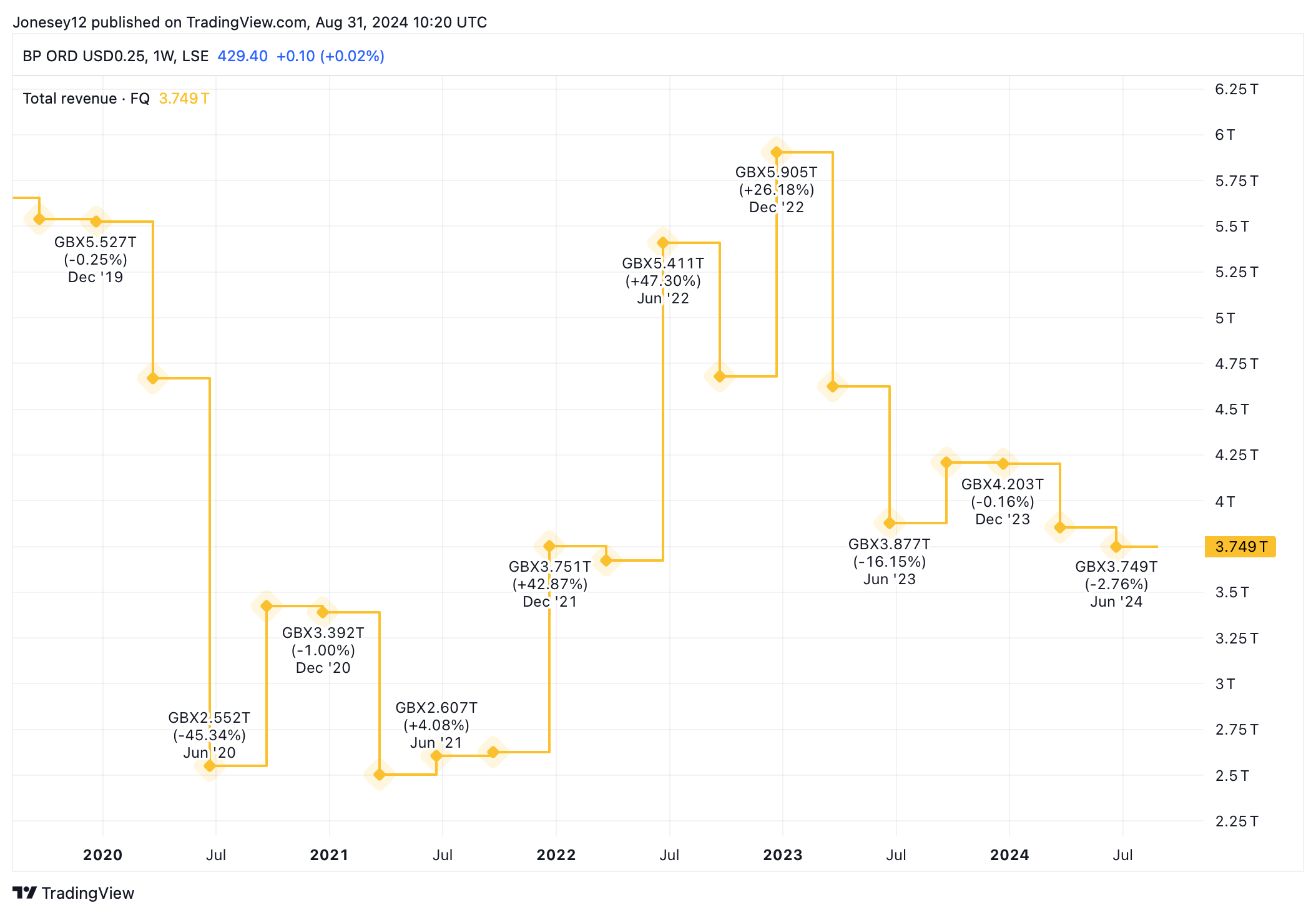August was a disappointing month for the FTSE 100 but there’s an upside because it means there are still plenty of cheap shares that I’d love to buy. I didn’t have the cash to buy them in August. Now I’ve got a second chance in September.
I haven’t used any of this year’s Stocks and Shares ISA contribution limit but would love to max it out by the end of the tax year. By purchasing FTSE blue-chip stocks when they’re cheap, and leaving them to grow in an ISA for years, I’d hope to generate outsized gains over time.
Yet I’ll have to pick my targets with care. There’s a world of difference between a stock being cheap, and being good value.
FTSE 100 value
If a stock price falls, there’s always a reason. It may highlight an underlying problem with the company itself. For example, its products or services may have failed to keep up with changing tastes and trends, or an aggressive rival may be grabbing market share.
Alternatively, it could be down to a wider sector issue. For example, if the world tips into recession, commodity stocks will typically fall, as demand for the metals and minerals will almost certainly drop.
Energy giant BP (LSE: BP) is a good example of the latter. Its fortunes are inextricably tied to the oil price. Revenues rocketed in 2022 as the energy crisis drove up prices, but fell as oil and gas prices eased. Let’s see what the charts say.
Chart by TradingView
The BP share price has fallen 12.22% in the last year. Personally, I think this is a buying opportunity. BP is still the same well-run company it was, but events have turned against it. At some point, they should swing back in its favour — especially if the US avoids a recession.
Today, BP’s shares look dirt cheap trading at just 6.51 times earnings. The dividend was rebased a few years ago but now the stock yields 5.23%, comfortably above the FTSE 100 average of around 3.7%.
Income and growth stock
As a fossil fuels producer, BP faces a major challenge shifting from fossil fuels to renewables. It’s got a long way to go, and political pressure is likely to build if it drags its feet. The energy transition won’t come cheap and may squeeze profits in the longer run. No stock is without risk though. I’m still keen to add BP to my portfolio at today’s reduced valuation.
Let’s say I invest £20k in a spread of cheap shares like BP and my portfolio delivers an average total return of 7% a year with all dividends reinvested. That’s roughly in line with the long-term average return on the FTSE 100. After 30 years, I’d have £152,245, which would go a fair way towards funding my retirement.
If I invested another £5,000 every year, I’d have a thumping £657,610. Now that’s better. I’d like to invest even more if possible. But for now, I’ll start by mopping up as much of this year’s ISA allowance as I can afford.
This post was originally published on Motley Fool




